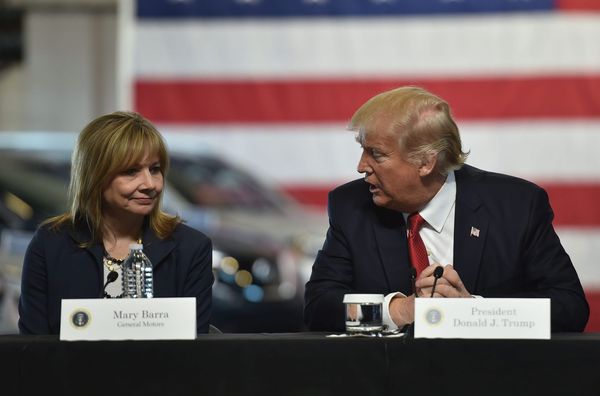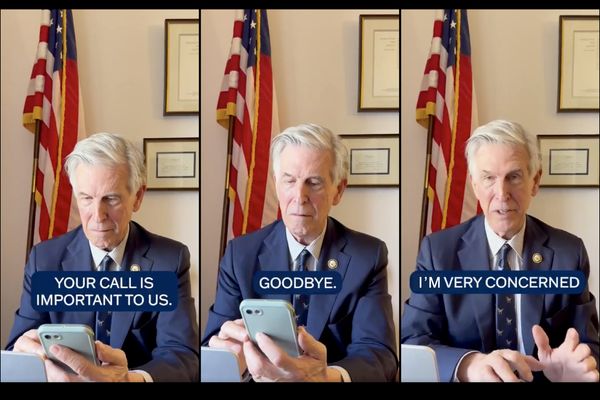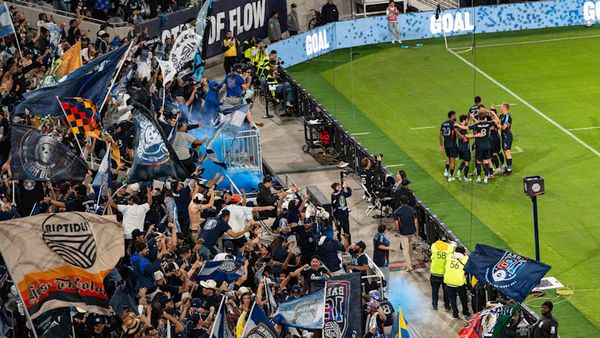
The Toyota-Kirloskar partnership saga is quite a contrast to other attempted partnerships by global carmakers in India. Although Kirloskar’s stake in Toyota Kirloskar quickly fell to 11 per cent after the first round of capital infusions into the new JV, it has stayed there since.
A separate joint venture set up in 2002 for manufacturing auto components — a tripartite joint venture between Toyota, Asin Seiki of Japan and Kirloskar Systems — also had only a 10 per cent stake in it from Kirloskar, but has lasted two decades. And despite the miniscule stake, Toyota was clear that Vikram Kirloskar would be the face of its operations in India. Kirloskar was Vice Chairman of both TKM and TKAP.
This steadfast partnership, and the space ceded to the junior Indian partner by the Japanese company, is in sharp contrast to other attempted tie-ups in India, which have tended to last only for a short period. Even the most successful Indo-Japanese partnership — Suzuki’s joint venture with the then government-owned Maruti Udyog — nearly foundered over issues of ownership and control and was saved only when the government agreed to reduce its stake to below 50 per cent and allow Suzuki management control.
Others haven’t been so lucky. Ford, which had an India operation which it wound up in 1953, attempted to re-enter India twice with local partners. The first, in the 1980s to assemble Ford-branded trucks in collaboration with Simpsons (part of the TAFE group) lasted just a couple of years. A second attempt with Mahindras also failed within a few years. And its second try at going solo has also collapsed with Ford exiting the India market, shortly after its US rival General Motors also upped sticks. Meanwhile, Mahindra’s second attempt at an automotive partnership — with Renault —also collapsed, while Peugeot’s alliance with the CK Birla group never got off the ground. Tata, too, had two failed partnerships in India — with VW and Fiat.
In contrast, Kirloskar is credited with building the strong bonds that exist with Toyota, which began with a partnership for manufacturing textile machinery. His unforeseen death is bound to throw up a question mark over the degree of involvement that the Kirloskar family will have in the JV going forward, although Kirloskar’s daughter Manasi is the Executive Director of Kirloskar Systems Limited, the family company which holds the TKM stake.
There is also another intriguing possibility — Manasi Kirloskar is married to Neville Tata, son of Ratan Tata’s half brother and Vice Chairman of Tata Steel, Noel Tata. Neville was, earlier this month, inducted on to the board of the Tata Trusts-run Tata Medical Centre, which has been interpreted by Tata watchers as a possible signal of greater responsibilities within the Tata empire in times to come. Toyota has already forged a strong alliance with Suzuki in India and other markets. It remains to be seen whether family connections impact on the market rivalry between Toyota and Tata.
There is also the looming shadow of the ongoing battle within the extended Kirloskar family. While Vikram Kirloskar stayed somewhat low-key in the often acrimonous and ugly spat between his cousins Atul and Rahul Kirloskar on the one hand and their brother Sanjay Kirloskar on the other, over rights to use the Kirloskar brand and logo in their separate businesses. Vikram, who, along with his cousins had a share —and a seat on the board — of Kirloskar Proprietary, the family-owned firm which licences the Kirloskar trademark to other group companies, had sided with Atul and Rahul in that fight.
While the feud has often taken an ugly turn and has spread into multiple fora — the courts, the Company Law Board and SEBI — the younger generations of Kirloskars have stayed away from commenting publicly on the spat. And without Vikram Kirloskar’s calming presence and diplomatic finesse — as a former head of various industry bodies like CII and SIAM, he was adept at engineering consensus on complex issues — it remains to be seen where the feud ends up.







